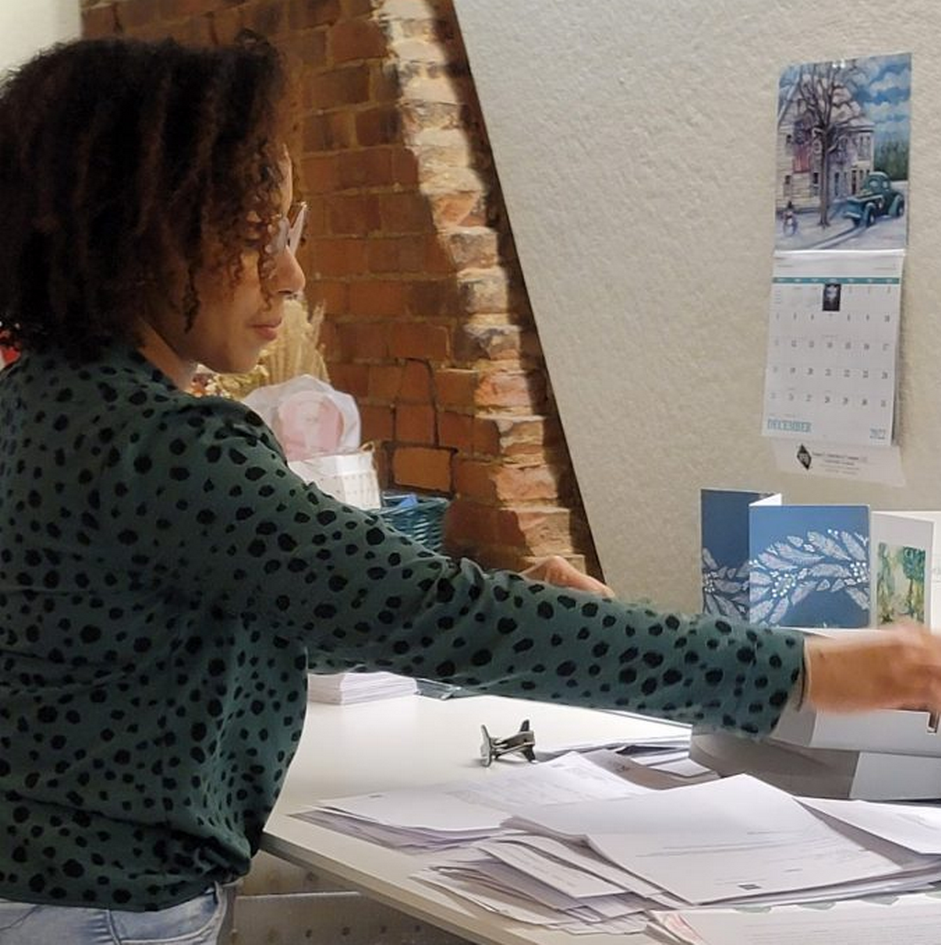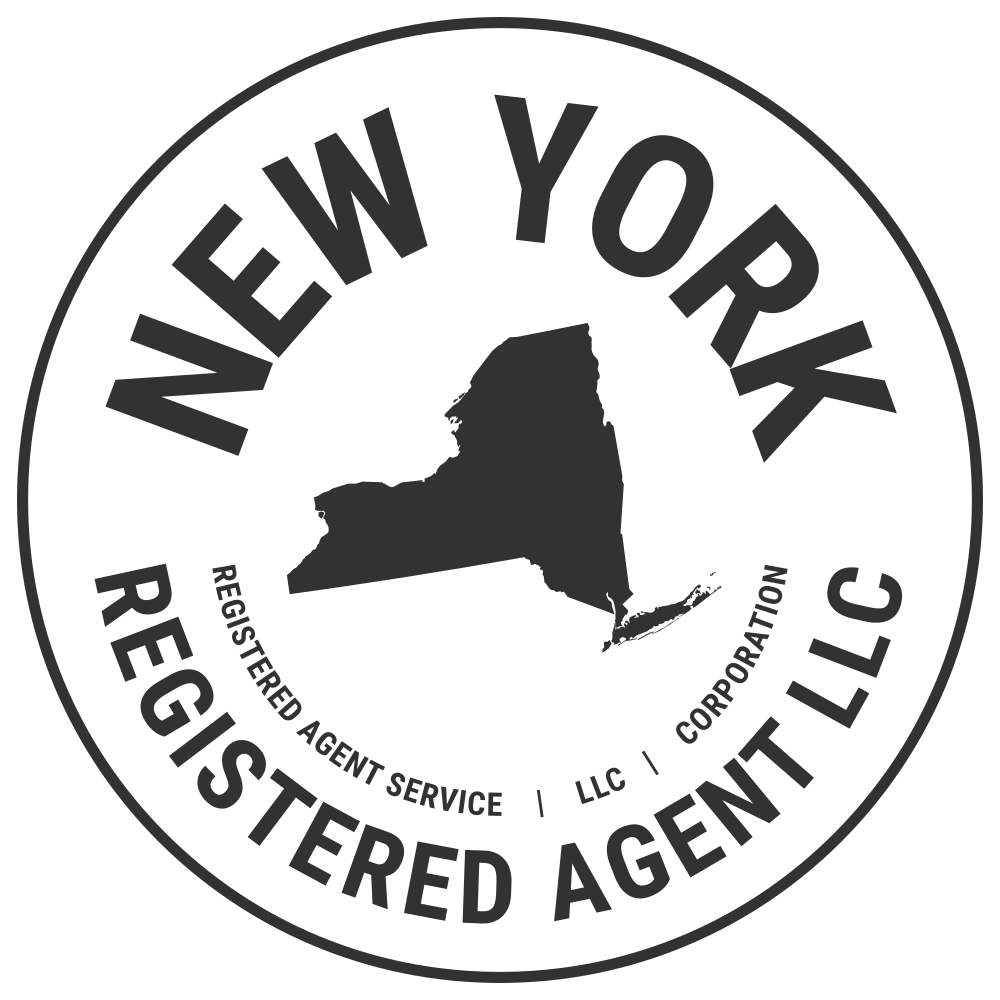Avoid Expensive Business Fines in NYC

|
New York City is famous – nay, infamous – for red tape. Running a business here is tough, but so what?
You’ve survived riding the C Train. You can do this. Here’s our guide to avoiding some of the most common small business violations (and saving your company mad cash) in NYC. |
Get Your Business Sign Right.
Sign regulations in NYC are absurdly confusing, and screw-ups are expensive. An illegal sign could cost you as much as $10,000 in fines. No, we didn’t accidentally add an extra zero—that’s 10K, baby, for hanging your sign the wrong way. So what’s the right way? Well, it depends on a web of pretty confusing factors. Here’s a breakdown.
A lot of things. The city defines a sign as “any outdoor writing, picture, emblem, flag, or figure used to announce, direct attention to, or advertise.”
There are two different types of business signs in NYC – accessory signs and advertising signs.
- An accessory sign is a sign you put on your business. It’s on the same lot as your business and refers only to your business. Think “Sally’s Bakery” painted in the window of, well, Sally’s Bakery.
- An advertising sign is a sign that refers to a business other than the business where it’s displayed. Think a big billboard for New York Registered Agent towering over Sally’s Bakery. We would never do that to Sally, but you get the idea.
Yes. Your district will determine all the details of your signage, from it’s height to if you can illuminate it to how far it can extend over a sidewalk. There are three major districts:
- Residential: where people live. You don’t see many business signs in a residential zone. That’s because residential zones are the most restrictive. Basically, you can have small signs that say “for Sale” or “For Rent,” but that’s about it.
- Commercial: where people do business. Here, accessory signs are generally allowed, though they still need to meet certain requirements. For example, the size of the sign you’re allowed to have depends on the size of your property. Advertising signs are not allowed in most commercial districts.
- Manufacturing: where stuff is made. In manufacturing districts, sign regulations are pretty loose. Both accessory and advertising signs are allowed, though they still need to meet certain requirements. Note: on interstate highways, signs are regulated on the federal level, as well.
Probably. Unless your sign is painted on the building or takes up less than 6 square feet, you need a sign permit.
A licensed sign hanger must hang your sign if it takes up more than 75 square feet, weighs more than 25 lbs, or is not supported directly on the ground.
No. One of the requirements for running your business from home in NYC (called a Home Occupation) is that you do not hang any signs advertising your business.
Keep Your Business Tidy.
You know that you need to keep your business clean to earn the trust of your customers, but you also need to keep your business clean to avoid paying hundreds (if not thousands) in fines to New York City.
Maintain A Clean and Clear Sidewalk
The sidewalk outside of your business is your responsibility, and it needs to be clean and clear. If you block it with an A-frame sign, fail to pick up any litter or slack off on your snow shoveling duties, you could be on the hook for anywhere from $100 to $300 per violation. And it’s not just the sidewalk you need to think about – under NYC’s Cleaning Laws, you’re also responsible for the gutter, tree pits, grass areas, and 18 inches from the curb into the street.
Recycle Properly
Corrugated cardboard, newspapers, bulk metal, magazines, office paper – all of this can be recycled, and for businesses in NYC, it must be. Restaurants are required to recycle even more materials, including aluminum foil, glass bottles and jars, and plastic jugs. Depending on your business type, you may have even more recycling obligations—make sure to dig into NYC’s Business Recycling Rules. The recyclables must be kept separate from regular garbage in labeled recycle bins or clear plastic bags. Get it right to avoid up to $400 in fines.
Install a Backflow Prevention Device
Part of keeping your business clean is ensuring that you don’t pollute NYC’s drinking water. If you own or manage a building, you need to install a backflow prevention device that keeps harmful chemicals from entering the water supply. If you’re not sure if you have one or need one, you’ll need to hire an engineer, architect, or plumber. Once you have a backflow prevention device, you need to have it tested once a year and file a form with the Department of Environmental Protection to show you’ve done it. Fail to do this and you’ll be on the hook for anywhere from $500 to $700 in fines.
Respect Your Neighbors & Customers.
Annoying your neighbors and customers is bad business, yes, but in some cases, it’s illegal. Being a good neighbor could save you thousands in fines (and probably a lot of bad karma).
Keep Your Noise Down
We may be the most diverse city on earth, but there’s one thing that unites us all: a burning hatred for neighbors who blast techno. Many NYC businesses are near residences, so it’s important to make sure you’re not affecting someone’s sanity by making around-the-clock noise. If you make “excessive and unreasonable noise,” and you could end up owing up to $1,350 in fines.
Supply Correct Information
If you’re in retail, you have to make sure certain information is readily available to your customers. This means displaying a refund policy at each register (even if you don’t give refunds!), clearly marking prices for all of your products, posting notice if you limit credit card use, and ensuring all pre-packaged products are labeled with a weight or quantity, expiration date, and the name and address of whoever made it. You’re also required to give customers legible receipts for purchases over $20, and those receipts must provide specific information about the transaction. Violations can cost you up to $500 each, so dig in to the NYC General Retail Inspection Checklist to make sure you’re getting everything right.
Keep Customers and Employees Safe
The Fire Department doesn’t mess around – fail to keep your business up to the standards outlined in The NYC Fire Code, and you could be on the hook for up to $5,000 per violation. If the situation is hazardous enough, you could even face a criminal summons. The good news is that the FDNY would rather help you keep your business safe than hit you with a huge fine. If you’re confused about what FDNY Permits your business may need or how to create an Emergency Action Plan for your business, get in touch with the FDNY.
Form a New York LLC.
Doing business without properly filing with the NY Division of Corporations won’t land you a huge fine, but you could still end up paying. Operating as a sole proprietorship or general partnership is low-maintenance, but it’s pretty risky—if your business is sued, you could be held personally liable for paying business debts.
Forming an LLC in New York creates a legal separation between you and your business, which could shield your assets in the event of a lawsuit. Not sure where to start? We can help. We can even help you save hundreds on the NY LLC publication requirement.
